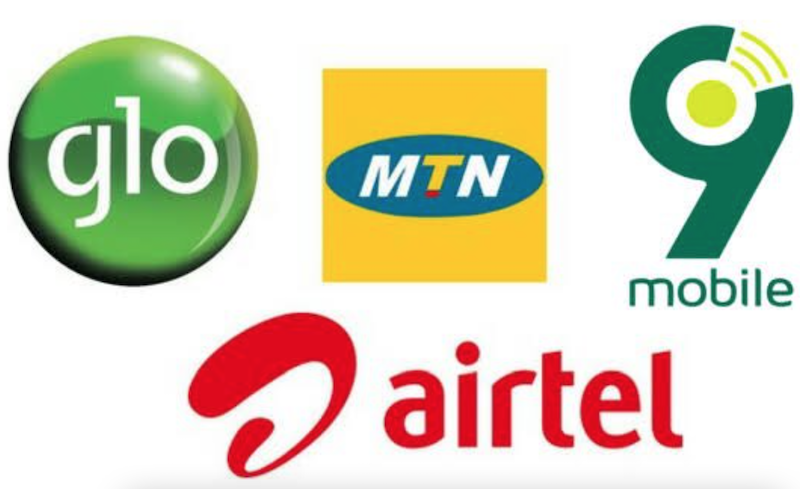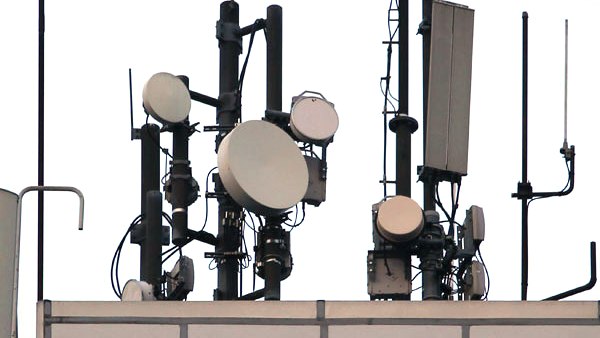The Association of Licensed Telecommunications Operators of Nigeria (ALTON) on Monday said its members would start service shedding, if nothing was done to increase tariff.
In a statement in Lagos, the Chairman of ALTON, Mr Gbenga Adebayo, said the Nigerian telecommunications industry was facing a critical challenge that required urgent attention.
TheNewsGuru.com (TNG) reports the service shedding, according to the ALTON Chairman, will affect both call and Internet services, and that millions of Nigerians will be disconnected as a result.
Adebayo stressed that operators, including MTN, Airtel, Glo and others, were struggling to survive due to rising operational costs and stagnant tariffs in the Nigerian telecoms sector.
“As we reflect on the end of year 2024, there is a need to issue an urgent and critical call to action for the future of our telecommunications industry.
“The survival of the sector demands immediate and bold reform for its sustainability. Tariffs must be reviewed to reflect the economic realities of delivering telecoms services at a minimum for industry sustainability,” he said.
The ALTON boss warned that without this review, operators could not continue to guarantee service availability, adding that the sector might face grim consequences.
He noted some consequences to include, service shedding, economic fallout, and national economic disruption. Adebayo explained that service shedding would mean that operators may not be able to provide services in some areas and at some times of the day, leaving millions of Nigerians disconnected.
“This will have significant economic fallouts, as businesses will suffer from a lack of connectivity, stalling growth and innovation,” he said.
Adebayo also warned of national economic disruption, noting that key sectors like security, commerce, healthcare, and education, which rely heavily on telecoms infrastructure, would face serious disruptions.
Adebayo stressed that the challenges facing the industry are not new, adding that, however, they had become more acute and more threatening with the passing year.
He cited rising operational costs, skyrocketing energy costs, the relentless pressure of inflation, and volatile exchange rates.
The ALTON boss expressed confidence that stakeholders would come together to uphold the values and importance of telecommunications in the society, adding that more needed to be done to secure the future of the industry.
Adebayo called on stakeholders to acknowledge the urgency of the situation and commit to saving the sector, warning that failure to act may jeopardise one of the most critical pillars of Nigeria’s development.
He stated that ALTON stood ready to work with all stakeholders to ensure the sector’s survival and prosperity.
“Let this be the moment when we come together, acknowledge the urgency of the situation, and commit to saving this sector. If we fail to act, history will record that we had countless warnings, yet we allowed inaction to jeopardise one of the most critical pillars of Nigeria’s development.
“If we succeed, 2025 can be the year we turn things around, a year of hope, resilience, and sustainability for the telecoms industry,” Adebayo said.



